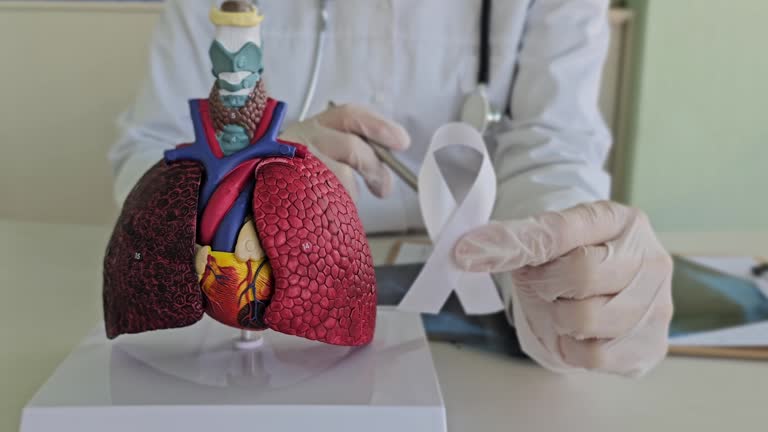Jobs with high demands and low control of work condition on the part of the employees, have been linked to a higher chance of stroke. In some offices, most staff sit throughout because of the nature of their jobs demand so, leading to – Stress. Stress can increase the risk of stroke, but it does not directly cause one on its own.
No doubt, chronic stress contributes to stroke risk by raising blood pressure, causing inflammation, increasing cholesterol and glucose levels, and in some people, it promotes behaviours like smoking and poor diet that further elevate risk but other factors must come into play to make stroke happen, it is not just stress.
Studies also show that chronic stress may raise stroke risk particularly in younger women but it is not inevitable if new lifestyle is embraced and practiced.
Managing stress along with other health factors is key to reducing stroke risk. In this month’s edition, we have seen the marriage between stress and obesity as well as how to ensure they are not only divorced but stay separated forever. This is done by eating the recommended foods as prescribed. You can check that up if you are yet to read it.
Having established that stress is not the sole cause of stroke, embracing or adopting the following lifestyle can keep you away from stroke, can one say permanently?
Say ‘No’ to stroke by embracing the following lifestyle:
– Eat a healthy diet rich in fruits, vegetables, whole grains, lean proteins, and low in saturated fats, trans fats, sodium, and added sugars. Reducing salt intake helps control blood pressure, a major stroke risk factor.
– Engage in regular physical activity, aiming for at least 150 minutes of moderate exercise per week, such as brisk walking, cycling, or swimming, to lower blood pressure and maintain a healthy weight.
– Avoid smoking and exposure to secondhand smoke, as smoking thickens blood and increases clot risk dramatically.
– Avoid alcohol consumption. It’s better to stay away because addiction raises blood pressure and stroke risk.
– Maintain a healthy weight to reduce strain on the cardiovascular system and lower the risk of hypertension and diabetes.
– Manage medical conditions such as high blood pressure, diabetes, high cholesterol, and atrial fibrillation through regular check-ups and medication.
– Reduce stress and stay hydrated, as stress can contribute to unhealthy behaviors and dehydration can worsen stroke risk.
These lifestyle changes can prevent up to 80-90% of first strokes and also reduce the risk of recurrence after a stroke.
Consistent adoption of these habits is the most effective way to protect brain health and reduce stroke risk.
On stress management and in addition to the ‘Stress Marries Obesity…’ write-up, you will be doing yourself a huge service, if you practice the following:
– Mindfulness meditation: Focusing on the present moment helps lower blood pressure and cortisol levels, reducing stress impact on the body.
– Practice the 4-7-8 Deep breathing exercise. What do I mean?
The 4-7-8 deep breathing technique helps your body relax by controlling your breath in a specific rhythm: inhale for 4 seconds, hold for 7 seconds, then exhale slowly for 8 seconds. This pattern calms your nervous system and counteracting the stress-driven “fight or flight” response from the sympathetic nervous system.
By slowing your breath and extending the exhale, the technique lowers your heart rate and blood pressure, promoting relaxation and reducing anxiety. Holding the breath allows oxygen to saturate your body, improving oxygen exchange and cellular function, which also contributes to a calmer state.
In short, 4-7-8 breathing works by shifting your body’s nervous system balance toward relaxation, slowing your heart rate, and lowering blood pressure through controlled, rhythmic breathing.
– Regular physical exercise: At least 30 minutes of moderate activity most days releases endorphins, lowers blood pressure, and reduces inflammation.
– Journaling: Writing about thoughts and feelings helps process stress and reduces mental rumination. We do really need to join the train of those doing this.
– Spending time in nature: Outdoor activities lower cortisol and blood pressure, improving mood and relaxation.
– Getting adequate sleep: 7–9 hours nightly helps regulate stress hormones and supports overall cardiovascular health.
Now, for those who are stuck at their desk all day, working for hours. Is there a way around it? what time do they really have to relieve their stress? Good news! It’s good to know that there is a way out. Let’s see some of them:
– Deep breathing exercises – Inhale slowly for 4 seconds, hold for 4 seconds, then exhale for 4 seconds. Repeat a few times as it helps to calm your nervous system.
– Progressive muscle relaxation – Tense and then relax muscle groups one at a time, such as clenching fists, then releasing, moving up through shoulders, neck, and then face.
– Stretching – Do simple stretches like shoulder rolls, neck tilts, or chest openers right at your desk to relieve yourself of muscle tension.
– Close your eyes briefly – Taking a short moment to close your eyes can help reset your focus and reduce stress.
– Hand or foot massage – Massage your hands or rub your feet over a small ball (like a golf ball) to relax muscles and ease tension.
– Mindfulness grounding – Use the “5-4-3-2-1” technique-identify 5 things you see, 4 you hear, 3 you can touch, 2 you smell, and 1 you taste-to bring your attention to the present.
– Take a short walk – A brief walk around the office or outside can improve circulation and clear your mind.
– Listen to calming music – Soft or nature sounds can help reduce anxiety and improve mood quickly.
– Organize your workspace – Tidying your desk can reduce distractions and help you feel more in control.
These techniques take just minutes and can be done discreetly at work to reduce stress and improve focus.
Stroke is definitely not a good souvenir – reject it! Embrace the above lifestyle amidst your tight schedule and you will find out the power that your ‘No’ could wield.





